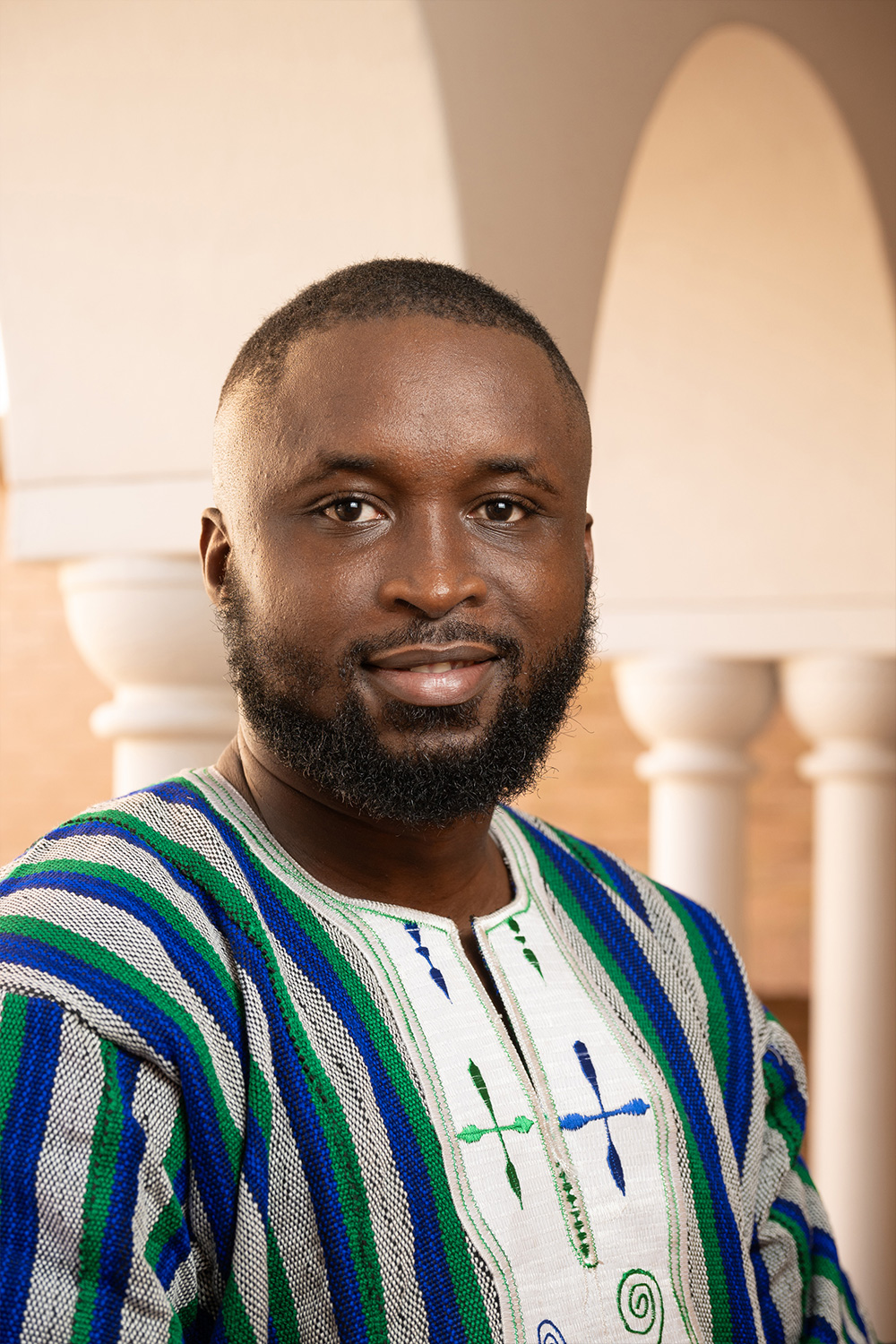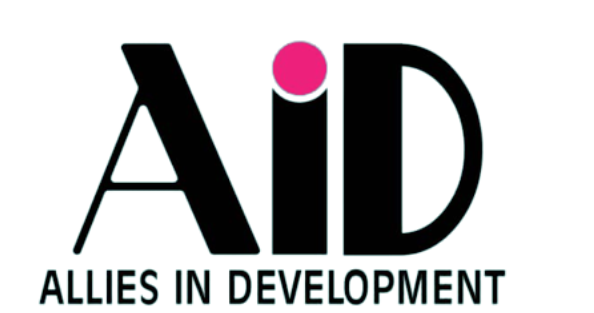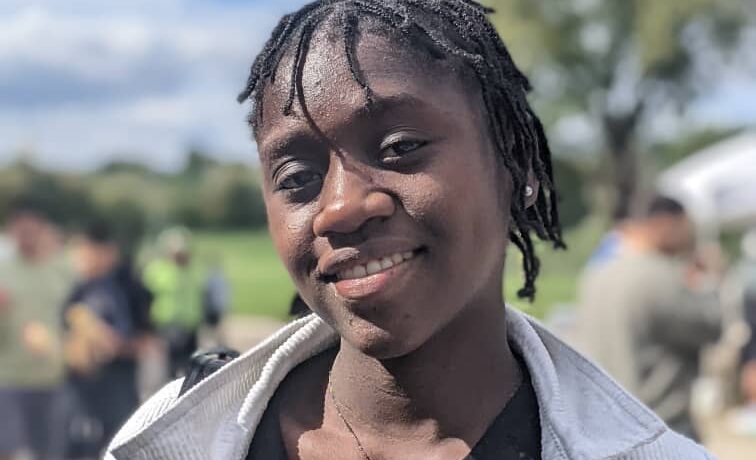
SIERRA LEONE’S HUMAN RIGHTS COMMITMENT: A CALL FOR RATIFICATION OF THE COURT PROTOCOL AND DEPOSITION OF ARTICLE 34(6) DECLARATION GRANTING ACCESS TO JUSTICE TO ALL
By: Mamoud Bah Esq.
On December 15, 2017, two healthcare workers who survived the deadly consequences of Ebola, along with the Centre for Accountability and Rule of Law (CARL), a non-governmental organisation, filed a complaint against Sierra Leone’s government in the ECOWAS Court of Justice. The ECOWAS Court of Justice analyses and applies the community’s treaties and conventions to resolve disputes and defend human rights.
The case asserted that the government’s misuse of Ebola money infringed the plaintiffs’ fundamental rights to life and health, as guaranteed by numerous international and regional human rights frameworks to which Sierra Leone is a party. This case demonstrates the opportunities that regional judicial bodies provide for victims of human rights breaches to seek justice, particularly when they are unable to obtain it in their home country. However, the question remains: may non-governmental organisations or individuals file direct complaints with the African Court on Human and Peoples’ Rights for human rights breaches in Sierra Leone?
The answer is “no.” Sierra Leone has not ratified the African Court Protocol or deposited a declaration in accordance with Article 34(6) of the African Court Protocol, hence access to the court is limited.
Ratification of the protocol establishing the African Court on Human and Peoples’ Rights (hereinafter referred to as the court) and depositing a declaration allowing direct individual access to the court are two significant and critical steps that African countries must take to ensure full protection of human rights within their sovereign borders.
Despite having ratified the African Charter on Human and People’s Rights, Sierra Leone has yet to ratify the court’s protocol or deposited a declaration allowing non-governmental organisations and human rights defenders to bring cases of human rights violations before the court. This implies Sierra Leone is not subject to the court’s jurisdiction, and access to the court is limited for individuals and non-governmental organisations. Victims of human rights breaches cannot go to the court directly, therefore they must rely on the national judicial system, which is weak and susceptible to manipulation by the central government. The lack of ratification and a declaration impedes participation in the court’s individual complaint system and fosters an environment of impunity because the government is not held accountable for human rights breaches.
Sierra Leone is one of 21 African countries that have not ratified the protocol of the African Court on Human and Peoples Rights. This is despite the fact that in 2018, President Julius Maada Bio stated his intention to ratify the court’s protocol and deposit a special statement that would allow individuals to file matters before the court in accordance with Article 34(6) of the Court Protocol. This assurance was made to a visiting African Court delegation in Freetown. Ratifying the court’s protocol will bind Sierra Leone to the African Court’s decision, allowing the court to hear cases involving state compliance with the African Charter on Human and Peoples’ Rights, demonstrating the state’s commitment to preventing human rights violations and subjecting itself to scrutiny. Furthermore, filing a declaration under Article 34(6) of the Protocol will strengthen the state’s commitment to justice and responsibility for human rights violations by granting individuals and non-governmental organisations direct access to the court to seek justice.
Why is ratification of the Court Protocol important ?
The African Union’s member states think that ratifying the African Charter on Human and Peoples’ Rights will defend Africans’ inalienable and fundamental human rights. Ratification of the Charter urged state parties to agree to the establishment of an African Court on Human and Peoples’ Rights, which would handle cases and disputes involving the interpretation and application of the African Charter. Ratification of the court protocol is critical in supplementing the African Commission’s protective duty by granting jurisdiction to resolve allegations of violations of the Africa Charter provisions.
Why does Sierra Leone need to open itself to scrutiny by the African Court?
Sierra Leone’s human rights record has recently raised concerns. For example, Amnesty International stated in 2024 that the right to free assembly remained under threat, and there was rising worry over the right to health as a result of the proliferation of narcotics in the country. According to the research, police violence, female genital mutilation, and free speech suppression continue to be common. Furthermore, the 2023 country report issued by the US Department of State catalogued diverse and significant human rights infringements such as arbitrary or unlawful killing, arbitrary arrest or detention, the taking of political prisoners, significant interference with the right to free speech and assembly, and several other human rights violations.
Sierra Leone, as an African Union member state, is responsible for protecting and promoting the African Charter’s human rights provisions. Unfortunately, victims of these abuses are unable to seek justice in local courts against the government for failing to defend their basic rights.
Article 34(6) of the African Human Rights Court Protocol establishes a legal requirement that states must follow if they want to create an opening that will allow non-governmental organisations to bring cases before the court, as stipulated in Article 5(3) of the Protocol. States shall file a declaration with the court acknowledging the court’s authority to hear petitions from non-governmental organisations (NGOs) and human rights defenders or campaigners. As a result, ratifying the court protocol and depositing a declaration demonstrates Sierra Leone’s commitment to improving human rights protection. It will also restore confidence in the court’s ability to hear human rights cases and provide NGOs and human rights advocates immediate access.
Furthermore, ratification and declaration of the Court Protocol provide an option for NGOs and private individuals who have exhausted legal remedies within the jurisdiction of the country’s domestic courts, or who believe such remedies are insufficient, to have direct access to a court where their cases can be adjudicated fairly and impartially.
In addition, by ratifying and depositing a statement of the protocol on the African Court in accordance with Article 34(6) of the Court Protocol, Sierra Leone’s government will define itself as one that is willing to be scrutinised. When the government recognises its need to be subject to regional judicial scrutiny, it carves out a niche for human rights protection. Therefore, if the agreement is approved and a declaration is deposited by the government, NGOs and human rights defenders seeking to end human rights breaches will be able to use the window of direct access to the African court to seek responsibility and justice.
Conclusion
Sierra Leone’s refusal or reluctance to ratify the court protocol and deposit a declaration of the court’s competence demonstrates the government’s unwillingness to increase human rights protection and expose itself to judicial scrutiny at the African level. There should be a way to look at remedies for human rights violations at the regional level, where there is transparency, impartiality, and justice. On that note, President Julius Maada Bio should follow through on his promise to ratify the court protocol and deposit a declaration that will allow human rights defenders and non-governmental organisations working to make the continent a safe place where every African’s rights are respected and remedial measures for human rights violations are open and accessible to all.

